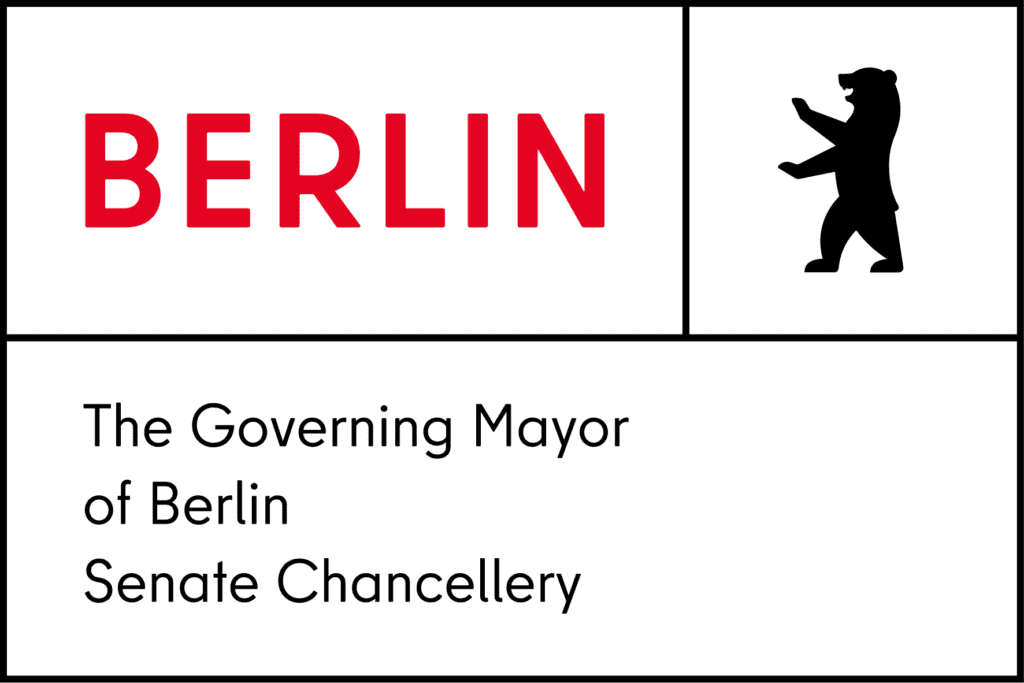Summer School 2023
For the fourth time in a row, CityLAB Berlin Summer School is took place this September. In cooperation with the University of Applied Sciences (HTW) and the Technical University of Berlin (TU), students worked on practical solutions for urban challenges and developed innovative prototypes during the ten-day Summer School.
While Summer School was previously held in the historic CityLAB building, this year’s event took place in the open air at the Kiezlabor – CityLAB’s mobile tiny house located in the Graefekiez district in Berlin-Kreuzberg at the time of the opening.
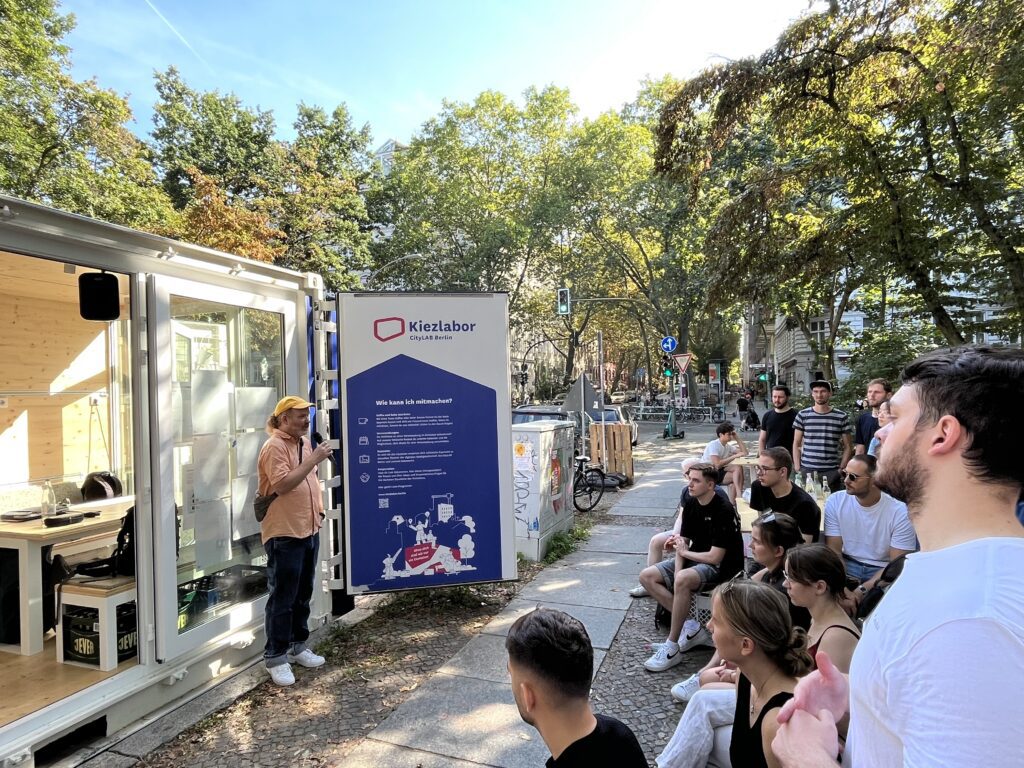
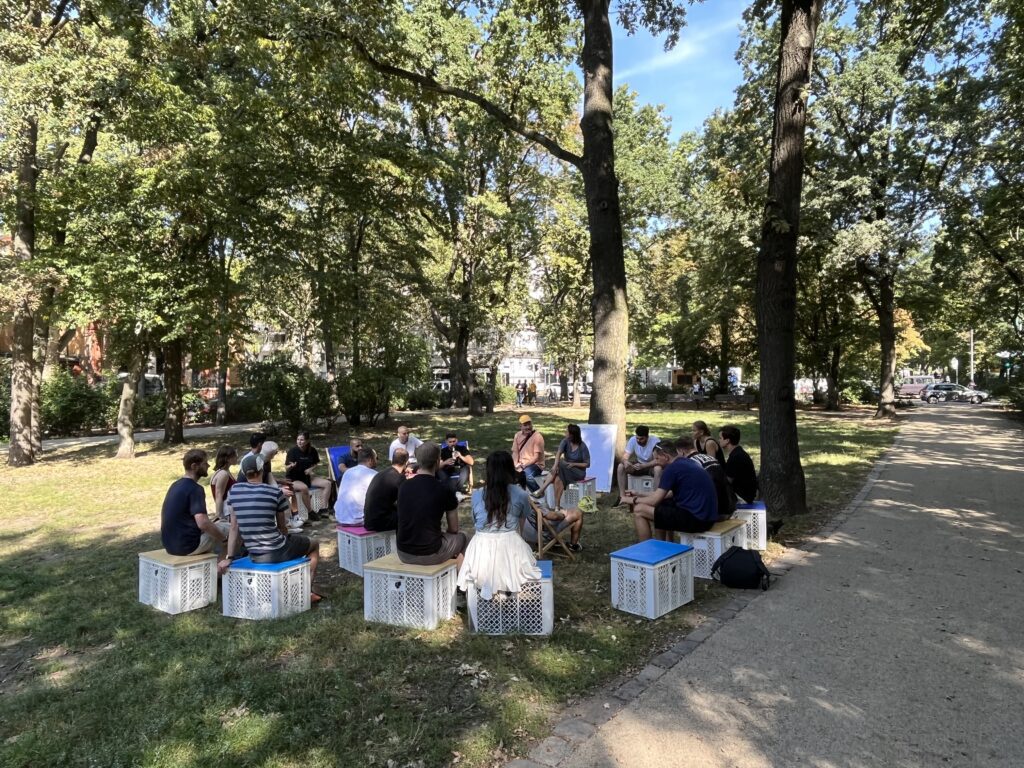
Themed “Prototyping a healthy city”, the students were able to get some fresh air while being directly introduced to the first challenge: City noise. As the Challenge’s supervisor, Sara Reichert from TU Berlin explains, “City noise is an underestimated factor that often robs us of concentration and energy. But unlike the weather, we don’t have a reliable source of data on noise levels and measures. A recent “noise speed camera” does exist, but it has also made headlines.” Specifically, this highlights the need to raise more awareness of the physical and psychological consequences of noise through accessible information and guidance, rather than implementing measures of a sanctioning nature without contextualization.
To address this challenge, the students are working in small teams to develop sensors for measuring noise and to convert the data into comprehensible information. Soon, Berliners might be able to use digital displays to find out about the current noise levels in the city. An impulse for working with maps and interfaces to various data sources was provided by CityLAB project manager Julia Zimmermann.
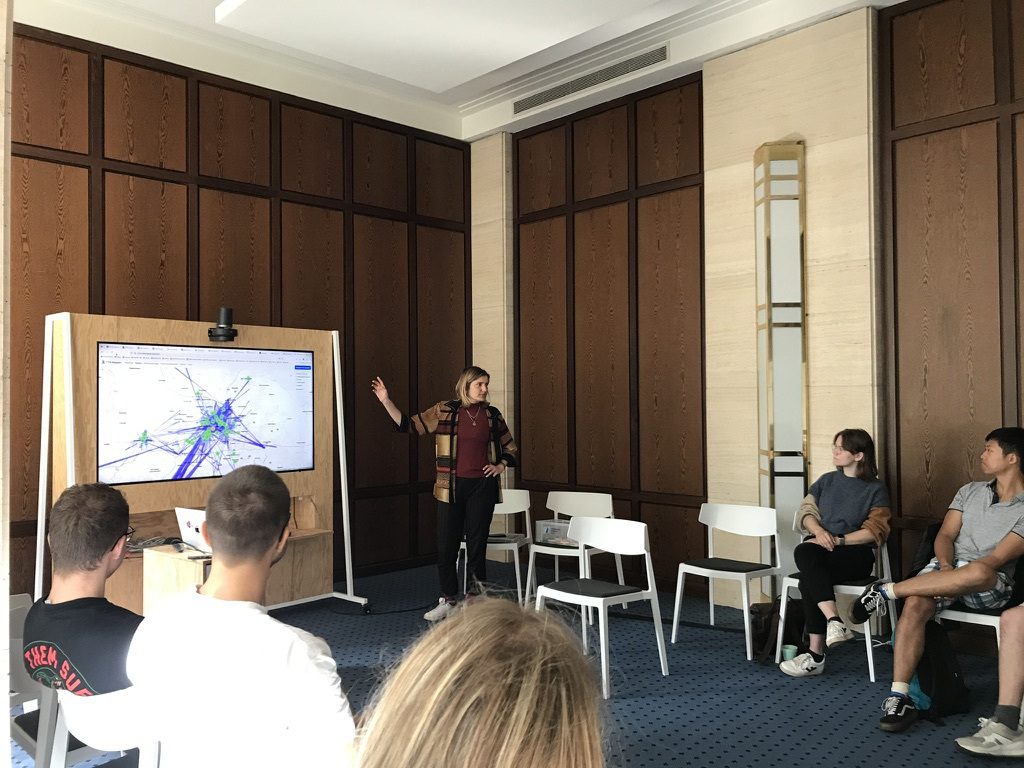
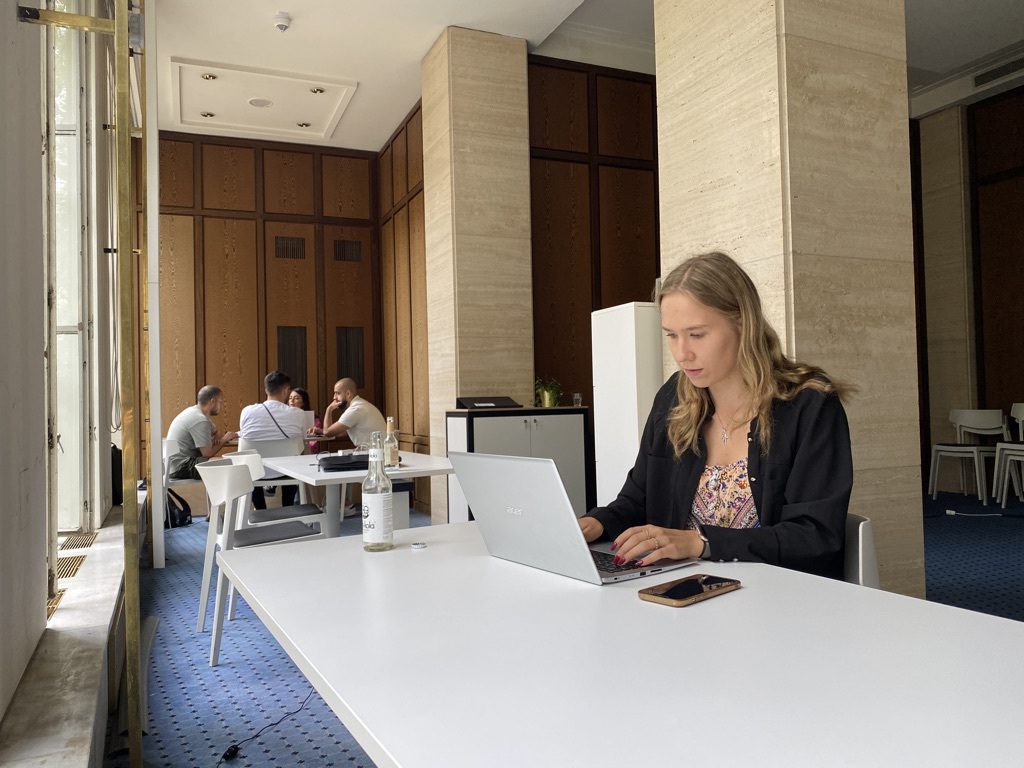
The second challenge addresses the issue of urban food production. The challenge of reliably producing food will play a central role as cities are expected to grow or become more densely populated in the future. In addition, there will be climatic changes and possibly scarcer resources, such as water or open space, describes the supervisor of the Challenge, Dr. Daniel Wessolek from HTW Berlin, who is also exploring the agriculture of the future in the research project EdgeAgriCulture.
In collaboration with Andreas Horn and Alexander Schirrmeister, the developers of the Hydrotower, a small balcony revolution could unfold within the framework of this challenge: Developed in the network of the StadtManufaktur and coupled with the Roof Water Farm by TU Berlin, the Hydrotower enables the efficient farming of herbs and vegetables in a space-saving tower construction. The term “hydroponics” refers to the technology that uses closed-loop systems and precise nutrient delivery to grow plants in record time. The students are working on technical improvements such as intelligent control systems using light and time detection as well as other sensor applications. This results in hardware as well as software prototypes, which the students develop during the Summer School.
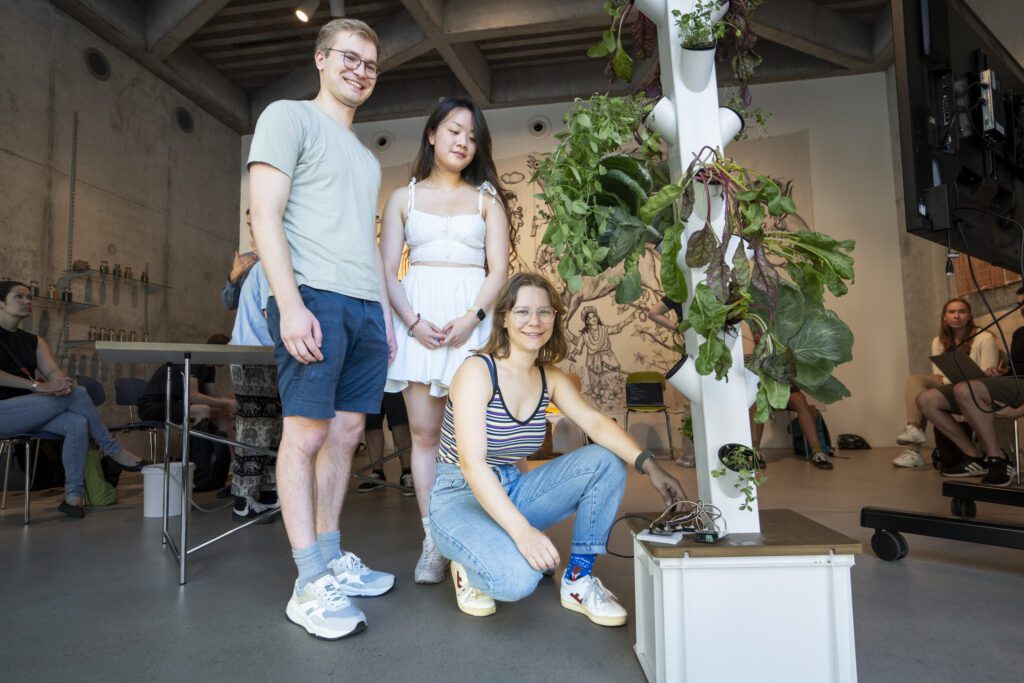
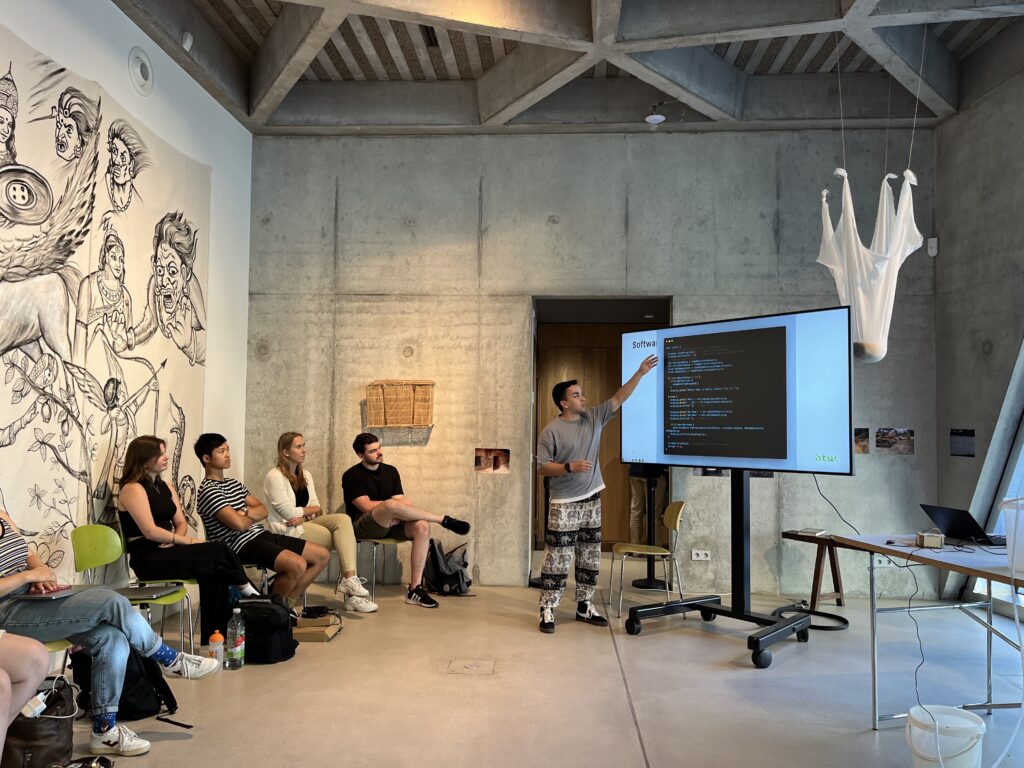
The GoodLab by Junge Tüftler*innen and the cultural / educational space of Spore Initiative have significantly contributed to the success of this year’s Summer School by providing space and input for creative solutions. We are looking forward to sharing the detailed results with you, as Prof. Olga Willner, co-organizer of the Summer School, also notes: “Last year’s joint Summer School already showed that new spaces and working on tangible urban challenges opens up new perspectives for students and invites them to work in an interdisciplinary way. The successful kick-off of the Summer School in the Kiezlabor paved the way for the students, as well as the partners, into an exciting project phase.” We couldn’t agree more and look forward to sharing more about the exciting projects of our Summer School with you soon! Stay tuned!
Here you can find more information about the Summer School at CityLAB Berlin.
You want to get involved? Check out the program of Kiezlabor.
If you have any questions or would like to learn more:
